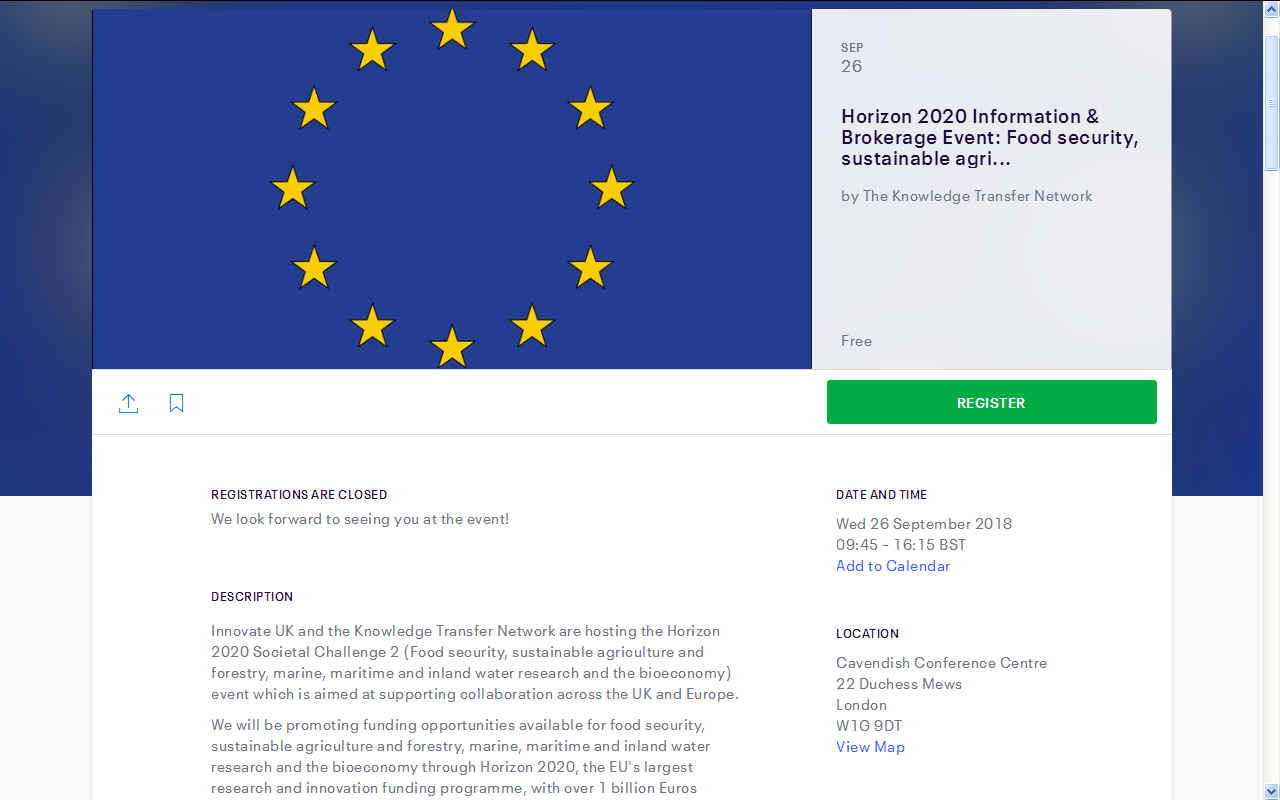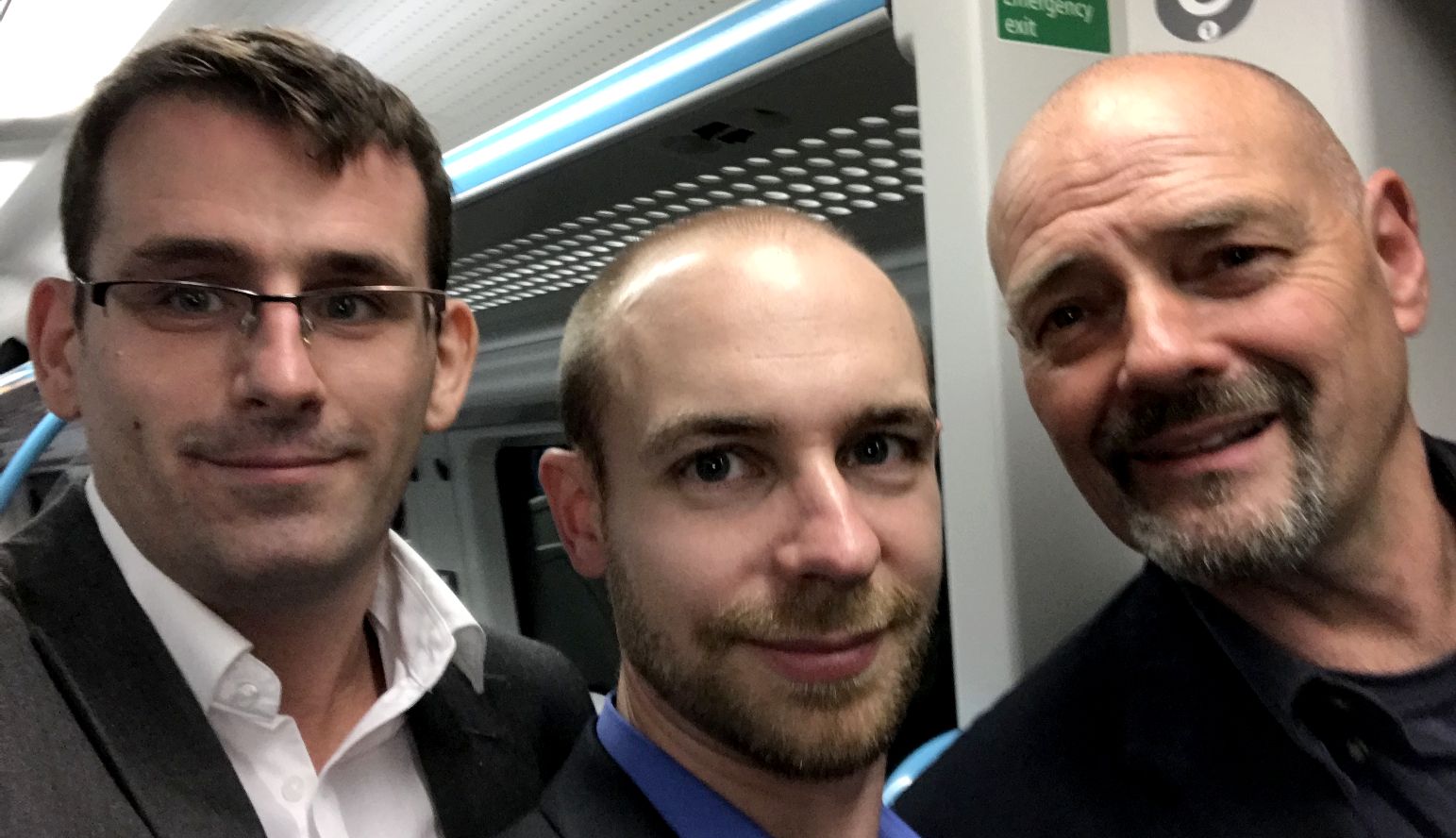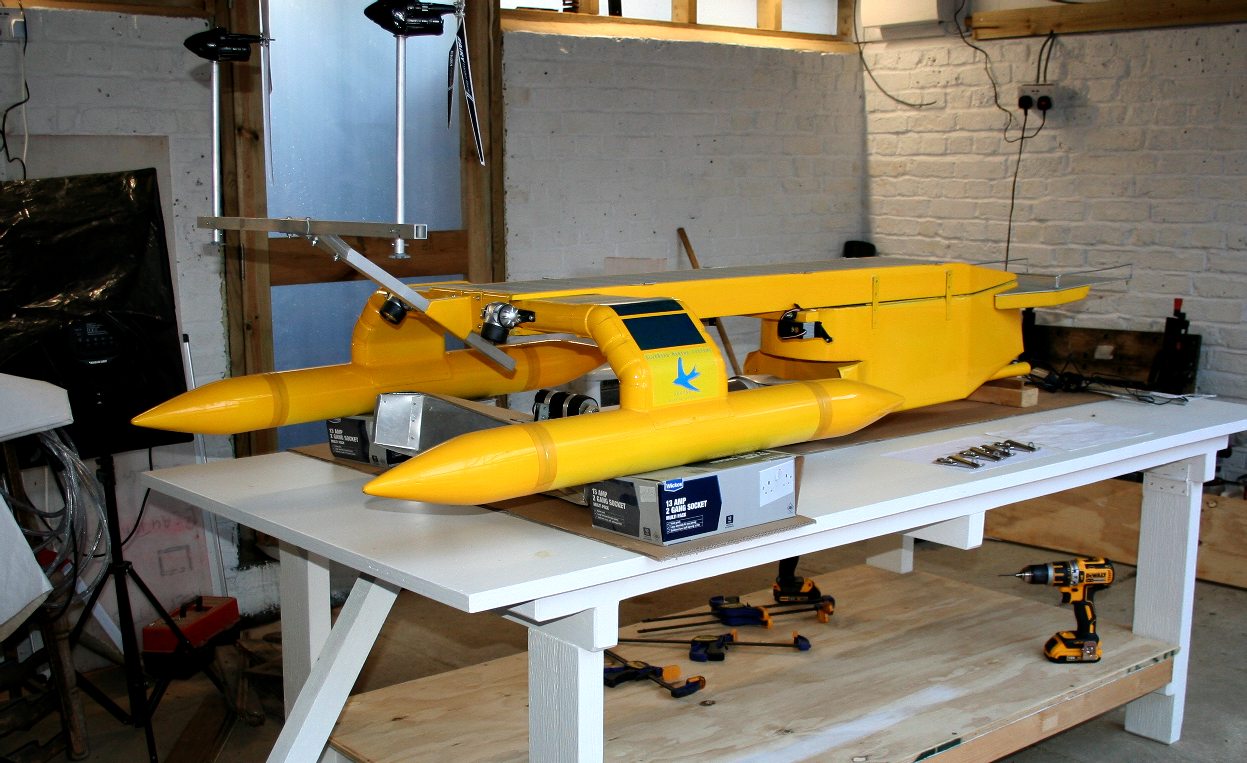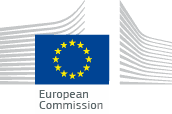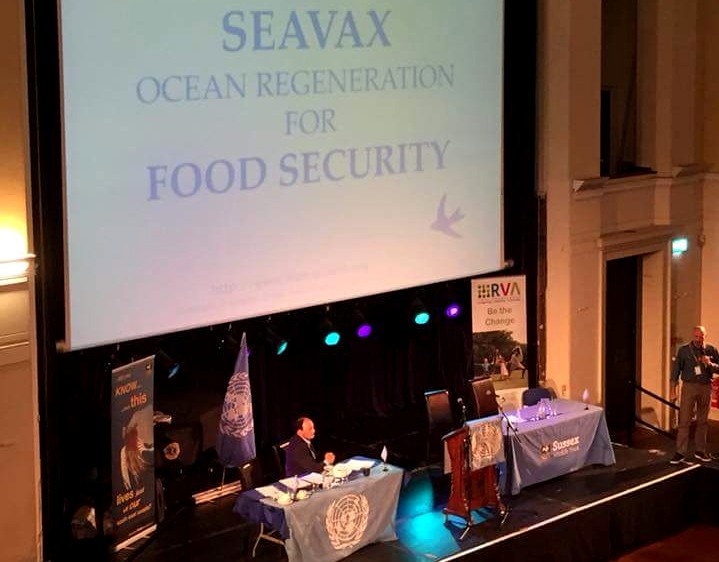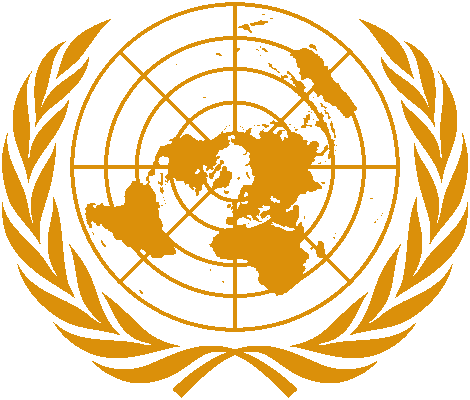|
H2020 BRIEFING 26 SEPTEMBER 2018
ABOUT - CONTACTS - DONATE - FOUNDATION - HOME - A-Z INDEX
LONDON
CALLING - Speak to a representative of the Cleaner Ocean
Foundation between 09:45 – 16:15 BST at the Cavendish Conference Centre,
22 Duchess Mews,
Horizon 2020 Information & Brokerage Event:
Food
Security, Sustainable Agriculture, Blue Growth and the
Bioeconomy.
Innovate UK and the Knowledge Transfer Network are hosting the Horizon 2020 Societal Challenge 2
(Food
security, sustainable agriculture and forestry, marine, maritime and inland water research and the bioeconomy) event which is aimed at supporting collaboration across the UK and Europe.
You can access the presentations and pitches from the day via:
https://www.dropbox.com/sh/kod7bbme04o5osc/AADKrn_7gC368fbUL-4MVzk3a?dl=0
When preparing bids make sure you use the latest version of the Societal Challenge 2 Work Programme - this can be found at: h2020-wp1820-food_en.pdf
In light of Brexit a new system is being rolled out as a first step towards supporting the continuity of funding for UK organisations with H2020 grants. UK Research and Innovation (UKRI) is asking recipients of Horizon 2020 grants to input basic information about their awards into a bespoke portal, which went live on 27th September. For more information and access to the portal please visit:
https://www.ktn-uk.co.uk/news/new-ukri-system-needs-community-input-on-horizon-2020-grants
AGENDA
09:45 Registration
10:15 Welcome Susanne Coles (KTN)
10:30 The 2018-2020 H2020 Work Programme Ian Holmes (Innovate UK)
11:00 Success Story: Industry Paul Rogers (CABI)
11:15 Tea & Coffee - Networking
11:45 Evaluators Perspective: Hints & Tips Success Rebecca Colley-Jones (Ynys Resources)
12:15 Success Story: SME Claire Claessen (KTN)
12:30 Lunch
13:30 2019 Call Topics Overview Ian Holmes & Stafford Lloyd (Innovate UK)
14:00 Multi-actor approach Elaine Groom (Agri-Food and Biosciences Institute)
14:15 Brexit Implications & Procedures Stephen Alexander (Innovate UK)
14:30 Collaboration Support Landscape Tim Benzie (EEN)
14:45 Agriculture as a Service Elie Aad (NOKIA)
15:00 Project Pitches Participants
15:45 Networking, 1:1 meetings (optional) – Tea & Coffee provided
16:15 Close
DELEGATES
CAN EXPECT: * valuable insights on topics around the Societal Challenge 2 to be funded by the EU in 2019 *
an overview of the support available locally and nationally to develop applications *
consortium building and proposal development on specific call topics
LEARN
MEET
CONNECT
CHRIS, RICHARD & NELSON - The Three Musketeers returning home from a briefing event in London in October 2017 that the Cleaner Ocean Foundation did not qualify for, being a charity. In addition the funding rate would have been unsuited to a social challenge that is cleaning the ocean of micro and macro plastics. We live in hope the Whitehall wakes up to this particular problem before plastic outweighs fish in our oceans - estimated to be around 2050 at our present rate of dumping.
There are people like the Ocean Musketeers who are willing to accept the ocean cleaning challenge if they are given the right level of support and will not lose anything other than their time in coming to the fore.
It appeared to us that SeaVax is at Technology Readiness Level (TRL) 3-5 where research is required before moving on to develop a SeaVax prototype at full scale in year six of the development programme. SeaVax may be considered under Sustainability Development Goal SDG2 where this is to ensure Zero Hunger.
Innovate UK promote funding opportunities available for food security, sustainable agriculture and forestry, marine, maritime and inland water research and the bioeconomy through Horizon 2020, the EU’s largest research and innovation funding programme, with over 1 billion Euros earmarked for calls in 2018-2020.
SEAVAX - Proof of concept model at 1/20th scale in the new robot laboratory, waiting for more outings in a test tank where experiments will continue into 2018 to define the best methods and most suitable machinery for filtering plastic waste from seawater. The results from this series of tests could be fed into a predictive application to further refine the concept to help development of the prototype vessel at quarter scale or even full size.
EU HORIZON 2020 - FOOD SECURITY, SUSTAINABLE AGRICULTURE and FORESTRY, MARINE, MARITIME and INLAND WATER RESEARCH and the BIOECONOMY
A transition is needed towards an optimal and renewable use of biological resources and towards sustainable primary production and processing systems. These systems will need to produce more food, fibre and other bio-based products with minimised inputs, environmental impact and greenhouse gas emissions, and with enhanced ecosystem services, zero waste and adequate societal value.
OCEAN SYMPOSIUM - Nelson Kay presenting at the marine event in Hastings 22-10-18.
Aquatic living resources and marine research
BACKGROUND INFORMATION
See the background to the development of the Horizon 2020 work programme at:
KTN - Organiser of Horizon 2020 Information & Brokerage Event: Food security, sustainable agriculture, blue growth and the bioeconomy (Societal Challenge 2)
www.ktn-uk.org • @KTNUK • LinkedIn
The Knowledge Transfer Network is the UK’s innovation network. They aim to bring together business, entrepreneurs, academics and funders to develop new products, processes and services.
By this means they might help you develop ideas, expertise and technologies, that have the potential to be world-beating products. Central to what they do is the initiation and building of collaborations designed to lever funding for new products, skirting around intellectual property rights that innovators relinquish in exchange for a percentage of funding.
THE VENUE
Cavendish Conference Centre
09:45 – 16:15 BST
LINKS & REFERENCE
http://ec.europa.eu/research/participants/data/ref/h2020/wp/2018-2020/main/h2020-wp1820-food_en.pdf http://www.ktn-uk.org/ https://ec.europa.eu/programmes/
This website is provided on a free basis as a public information service. copyright © Cleaner Oceans Foundation Ltd (COFL) (Company No: 4674774) 2018. Solar Studios, BN271RF, United Kingdom. COFL is a charity without share capital. The names AmphiMax™, RiverVax™ and SeaVax™ are trade names used under license by COF in connection with their 'Feed The World' ocean cleaning sustainability campaign.
|
